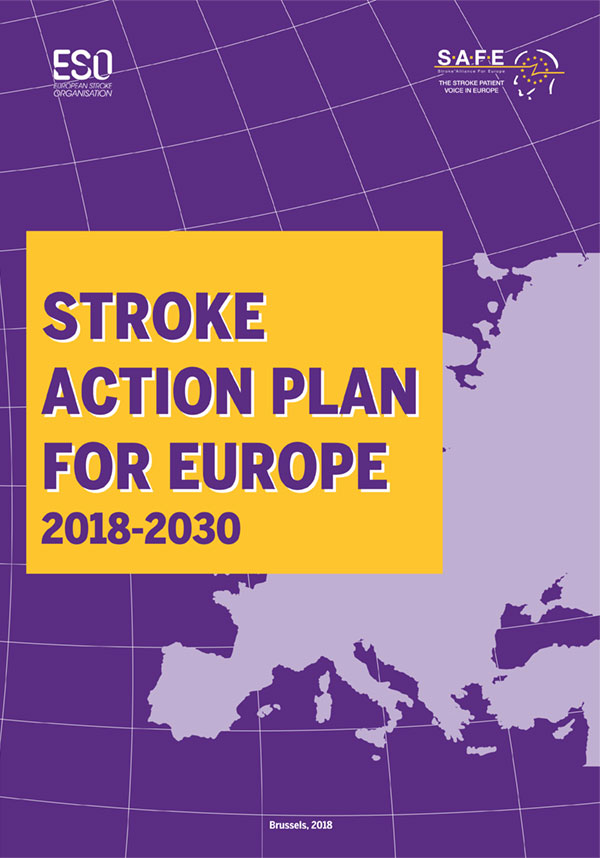
Stroke Action Plan for Europe
SAFE recently co-hosted the Stroke Action Plan for Europe ‘kick off’ meeting with the European Stroke Organisation. The Plan 2018-2030 outlines a set of key recommendations that if implemented would improve the care and outcomes for stroke patients and stroke...

European Life After Stroke Forum – call for abstracts
Today we are launching a call for abstracts for the Ist European Life After Stroke Forum which will be held on 12 March 2021. Our conference programme covers a range of topical issues in life after stroke as well as cutting-edge developments in response to COVID-19....

Different Strokes Online Exercise Classes for Stroke Survivors
There is no denying it – we are living in unprecedented times. The coronavirus pandemic has turned lives upside down, prevented people from connecting with friends and family, and for many it has put plans and goals on hold. Different Strokes have recognised that...

Global stroke leaders launch radical stroke and dementia prevention strategy
NEWS RELEASE 29th May 2020, Geneva The World Stroke Organization (WSO) has published a radical strategic framework that aims to transform prevention of stroke and dementia. Published in latest edition of The Lancet Neurology, the WSO Declaration on Global Prevention...

North Macedonia’s Stroke Organisation activities in time of pandemic
Author: Dr Maja Bozinovska Smiceska, Neurologist and President of the Macedonian association for a fight against stroke “Stroke”- North Macedonia Situation in Republic of North Macedonia with regards to the cost of COVID pandemic is similar to many other countries....




